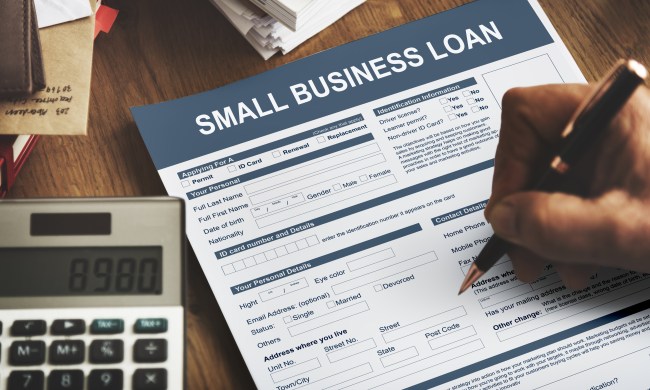Developing a business plan is essential when wanting to set your future business up for success. If you wouldn’t travel to a new destination without a plan, guide, or roadmap on how to get there, you need to ensure you treat your restaurant business with the same mindset.
The goal of the small restaurant business plan you write will need to address several important areas of how you plan to organize and run your restaurant business from initial concept to long-term business strategy. Let’s explore how you can write a business plan to set your restaurant up for success.
How to write a restaurant business plan
Start your business plan with branding
Branding is a large component of any business plan and for this reason, it should be treated as your jumping-off point of point in order to begin writing your restaurant business plan. Branding your restaurant is more than just a name and logo. Below are several restaurant branding steps to include while writing your business plan:
- Choosing your restaurant brand – A name for your restaurant brand and designed logo can be used for the menu front page, your signage, and other decor in your restaurant. If you are not savvy with design, be open to outsourcing this to a design professional that can bring your name and logo for your restaurant to life.
- Choose your restaurant style of cuisine and concept – Decide what style of cuisine and restaurant concept you want for your restaurant business. Ask yourself several questions while developing the idea for your restaurant. For example, do you want to open a burger and brew type of restaurant or an upscale Italian cuisine restaurant?
- Research your target market – It is a must to research your target market. Researching your target market can be time-consuming, but making sure this is a strong part of your branding will set your restaurant up for better long-term success. Some areas to focus on when researching your target market are:
- The average age of patrons
- The average income of patrons
- Types of cuisine and restaurant service trends that are in demand within the area you are potentially targeting to open your restaurant.
- Any additional untapped market demands that your restaurant can fulfill for patrons that may not be as available within your potential targeted area.
- Source several possible location options – Sourcing where you plan to open your restaurant should come after you have already developed the parts of your restaurant business plan that include your physical branding, cuisine, and concept, and market research. Do this in conjunction with what you’re looking for in terms of the size of your restaurant, foot traffic, parking, accessibility, and any other important details. You may be asking yourself why you should complete those steps before sourcing possible locations, and that is because you will not want to open up a pizza place when there are seven other pizza places within a 5-mile radius of one another. This type of scenario opens up your restaurant up to stiff competition and limitations to its success.
Establish financial and organizational plans for your restaurant
In your restaurant business plan, you will need to write, address, and answer multiple financial questions on how you plan to strategize your business plan. The majority of the questions you need to include in writing your plan will focus on how your business will acquire, fund, expense, and price services. A few examples of some of the strategies you will want to provide information on when writing the organizational and financial part of your restaurant business plan is:
- How will you source the funds to start your business?
- Do you plan to have investors, have capital already available, or plan to acquire a business loan to fund the start of your restaurant business?
- What will be your pricing and profit margins for your restaurant business?
- What will be all the services you offer at your restaurant (sit down, carryout, delivery, or all the above), and how will you price these services?
- What will you price the menu items at your restaurant?
- What is your forecasted profit ratio (income – expenses = profit)?
- How many employees do you plan to staff at your restaurant on a consistent basis?
- How do you plan to market your restaurant?
- What additional business sources do you plan to outsource, such as an accountant and attorney?

Once you have most of your restaurant business plan written, you will want to have an accountant and an attorney look over the plan to make any additional changes to it. Having a second pair of eyes on your business plan will help set yourself up for success with any investors and banks that you intend to acquire financing through for your restaurant.
Writing a restaurant business plan does not have to be challenging, but it should be treated as a primary document to develop in order to achieve long-term stability for your restaurant. The majority of restaurants that take the time to focus and strategize how they plan to brand, finance, and run the restaurant will set them up for better success.



